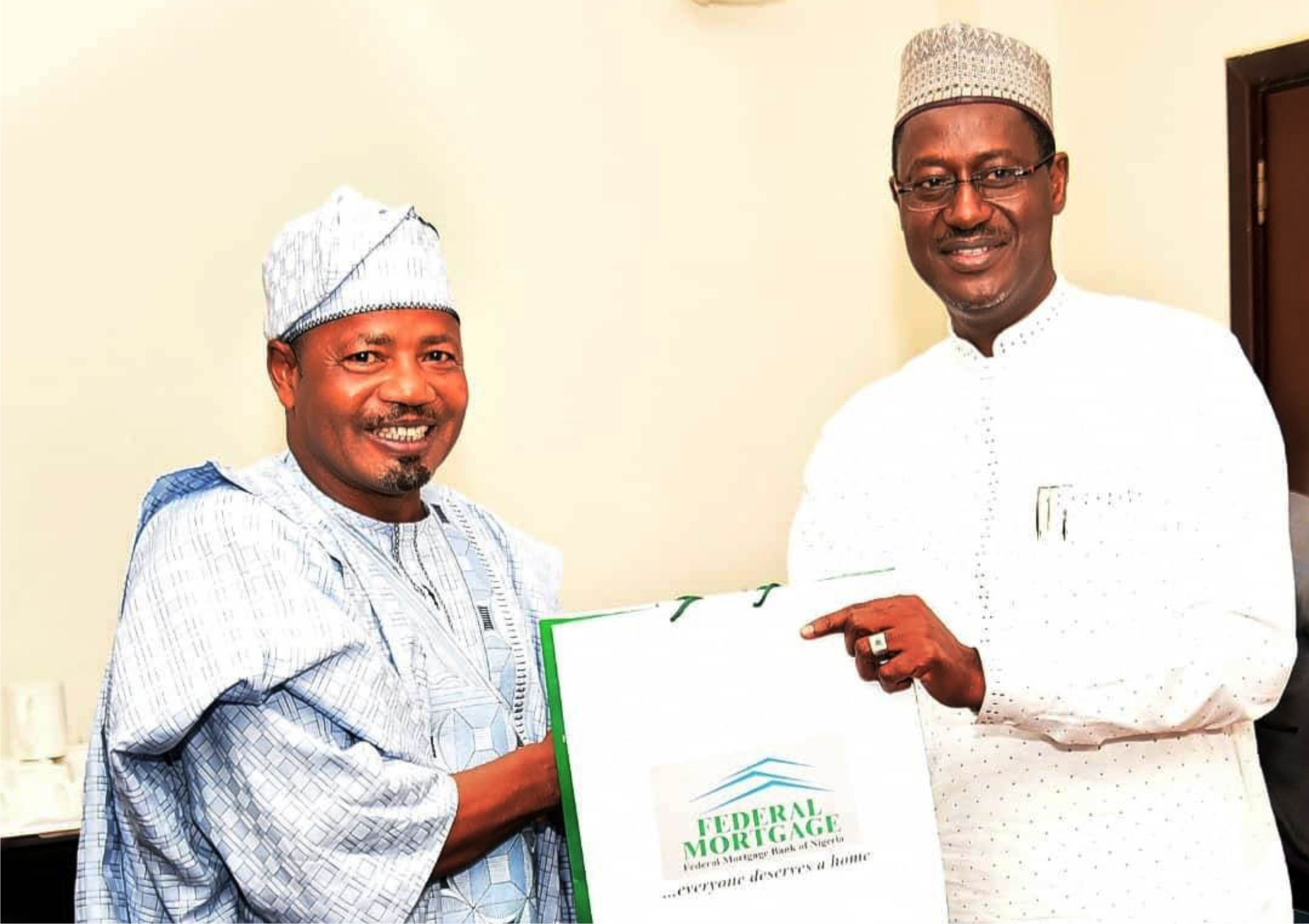Business
Nigeria Struggles To Sell Oil Despite Price Cut

Despite the significant reduction in its official selling prices aimed at wooing buyers, Nigeria is still struggling to sell its crude oil as Indian refiners are cutting back on output while European plants are considering closures.
Nigeria, Africa’s biggest oil producer, relies on crude for 90 per cent of its foreign exchange earnings. Its foreign exchange reserves fell to $35.66bn on March 25 from $36.26bn on March 2, according to the Central Bank of Nigeria.
The country has had to grapple with an unprecedented excess of oil triggered by the coronavirus outbreak and a price war between Saudi Arabia and Russia for market share.
The Nigerian National Petroleum Corporation (NNPC) was reported last Monday to have cut its April official selling prices for Bonny Light and Qua Iboe, two of the nation’s major grades, by $5 per barrel to dated Brent minus $3.29 and minus $3.10 per barrel, respectively.
Most producers are offloading their oil for below $20 per barrel as the coronavirus pandemic dampens demand and global supply rises amid a battle between Saudi Arabia and Russia for market share, according to traders, state oil firms, major refiners and prices quoted in physical markets.
While some crude grades typically sell at a discount to Brent, the market environment is making that gap even wider and other grades that usually cost more than the European benchmark are now cheaper for the most time ever.
The discounting is leaving revenue per barrel at a fraction of the prices factored into many 2020 budgets, which is likely to put even more pressure on government finances in some oil producing countries, according to Reuters.
In extreme cases, once discounts and other costs have been applied, the value of some producers’ oil is close to $10 per barrel while Venezuela’s Merey crude sold for as little as $8 last week, according to Refinitiv data and traders.
While all types of crude have been hit, so-called light and medium sweet grades are the least in demand, meaning the outlook is bleaker for countries such as Nigeria, Azerbaijan and Kazakhstan, according to traders in oil from those countries.
Light grades with low density and sulphur are mostly used to make naphtha, petrol and jet fuel, refined products that are both out of favour because of the economic fallout from the pandemic and also hard to store for long.
While Moscow and Riyadh remain locked in their battle, physical oil traders said a glut might push prices even lower as more countries lock down and trade slows.
Last week, Russia got as little as $18 per barrel for its benchmark export grade medium sour Urals while Saudi Arabia was selling its Arab Light in Europe for $16, according to Reuters calculations based on official Saudi prices and Urals deals.
Canada’s key Western Canada Select grade was worth $15 per barrel on March 16, the last day of its monthly trading cycle, and will now probably sell closer to $10 if its last discount of $13.6 to the US West Texas Intermediate benchmark is applied.
Traders said the pressure on prices and the desire on the part of sellers to offload crude quickly was evident in the way deals were being struck at the moment.
“Normally, we used to discuss cargoes at bid versus offer spreads of around 10 to 20 cents for several weeks before we closed a deal. Now, we have bid versus offer spreads of $2 to £3 a barrel and they’re done immediately,” one trader at a major refining firm was quoted as saying.
Business
Nigeria’s ETF correction deepens as STANBICETF30, VETGRIF30 see 50% decline in a week

Business
BOI Introduces Business Clinic

Business
Dangote signs $400 mln equipment deal with China’s XCMG to speed up refinery expansion

-
Maritime3 days ago
Nigeria To Pilot Regional Fishing Vessels Register In Gulf Of Guinea —Oyetola
-
Maritime3 days ago
Customs Declares War Against Narcotics Baron At Idiroko Border
-

 Sports3 days ago
Sports3 days agoGombe-Gara Rejects Chelle $130,000 monthly salary
-
Maritime3 days ago
NIMASA,NAF Boost Unmanned Aerial Surveillance For Maritime Security
-

 Sports3 days ago
Sports3 days agoTEAM RIVERS SET TO WIN 4×400 ” MORROW” …Wins Triple jump Silver
-
Maritime3 days ago
NIWA Collaborates ICPC TO Strengthen Integrity, Revenue
-

 Sports3 days ago
Sports3 days agoNPFL Drops To 91st In Global League Rankings
-

 Sports3 days ago
Sports3 days agoNPFL Impose Fines On Kwara United Over Fans Misconduct

